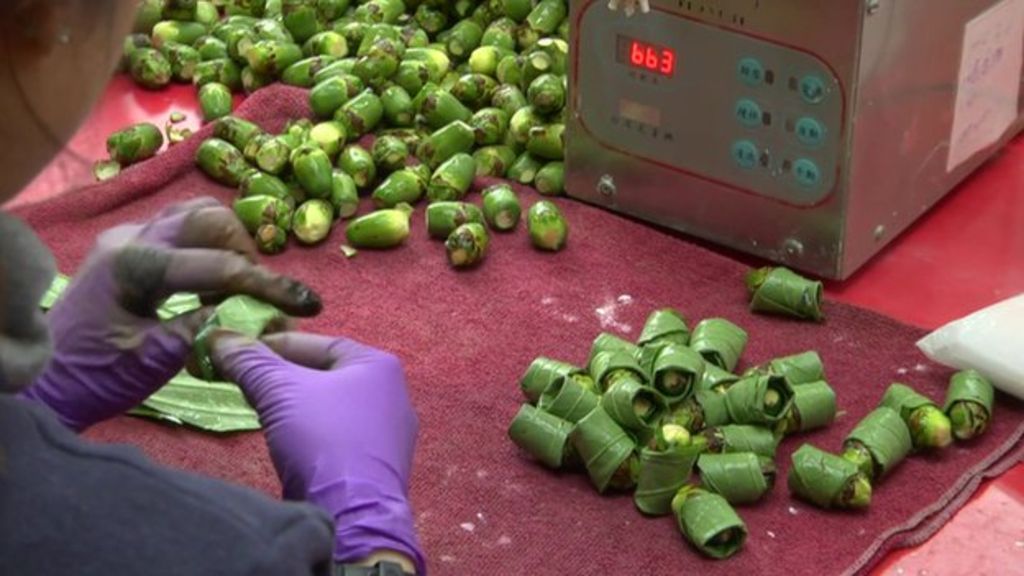
Taiwan grapples with the public health ethics of discouraging betel nut
A bad habit with a huge health cost
Betel nut, a mild stimulant often used by truck drivers, fishermen, and construction workers, stains the teeth and lips of Taiwanese who chew it. And it also leads to dire health consequences. Taiwan has the highest incidence of oral cancer in the world. Chewing betel nut is associated with a 28 times risk of oral cancer. If it is consumed along with alcohol and cigarettes, the risk rises to 122 times (compared to people who use none of them). There are other serious risks as well, including oesophageal cancer, coronary artery disease and stillbirths.
However, as an article in the Journal of Medical Ethics points out, the government of Taiwan is finding it difficult to curb its use, despite the huge health care costs. The areca palm from which it is harvested is easy to grow, profitable and popular. About 10% of the population chews betel nut, but 43% of indigenous people do. Sales amount to about US$3 billion a year.
The bioethicists argue that the government needs to campaign against betel nut with health information and innovative economic incentives. “From a utilitarian point of view, the financial burden of diseases caused by the betel nut greatly outweighs the potential benefits from the trade … Given the dire consequences, it is reasonable to argue that significant lowering of the incidence of betel nut chewing is in conformity with safeguarding human dignity and rights.”
However, there has been stiff resistance to anti-betel nut policies, as chewing is deeply embedded into the local culture.
https://www.bioedge.org/images/2008images/TH_81757438_betelnuts.jpg
Creative commons
https://www.bioedge.org/images/2008images/_81757438_betelnuts.jpg
public health
taiwan
- How long can you put off seeing the doctor because of lockdowns? - December 3, 2021
- House of Lords debates assisted suicide—again - October 28, 2021
- Spanish government tries to restrict conscientious objection - October 28, 2021
